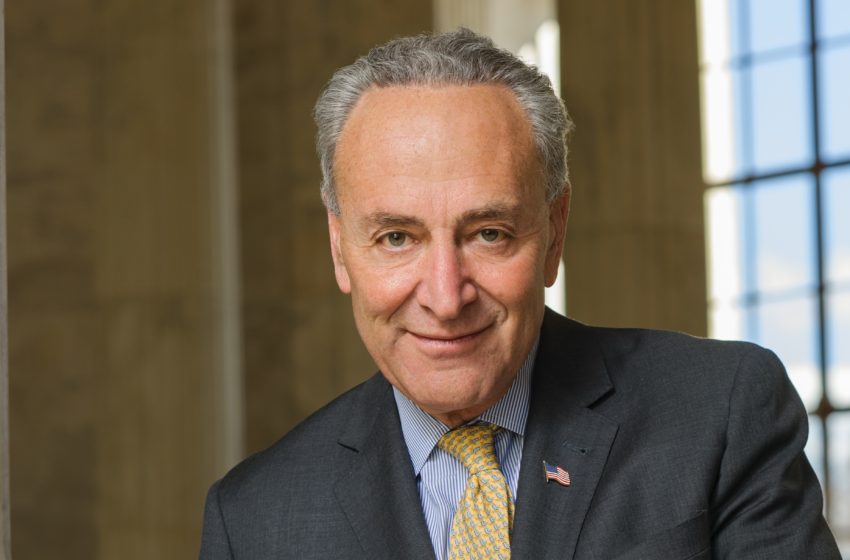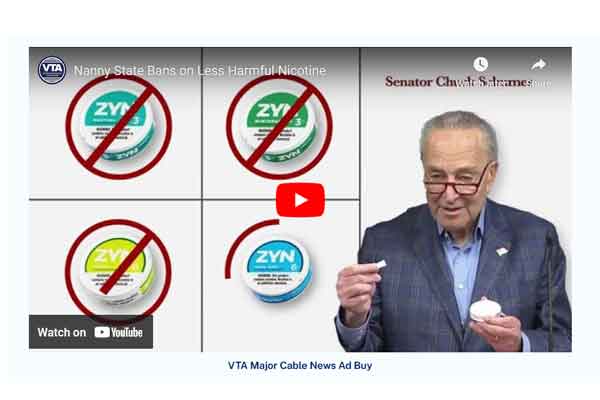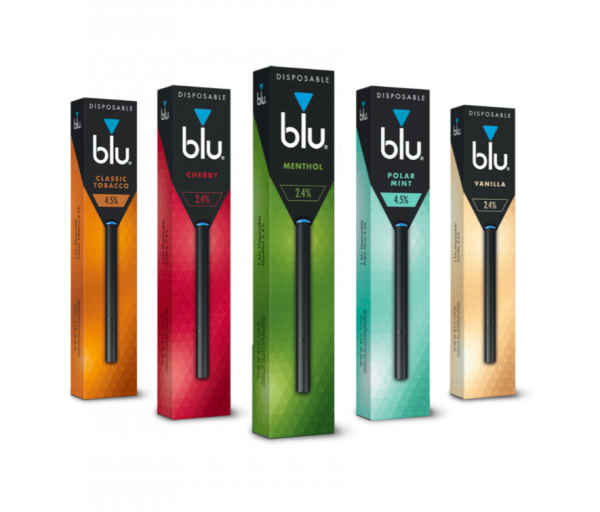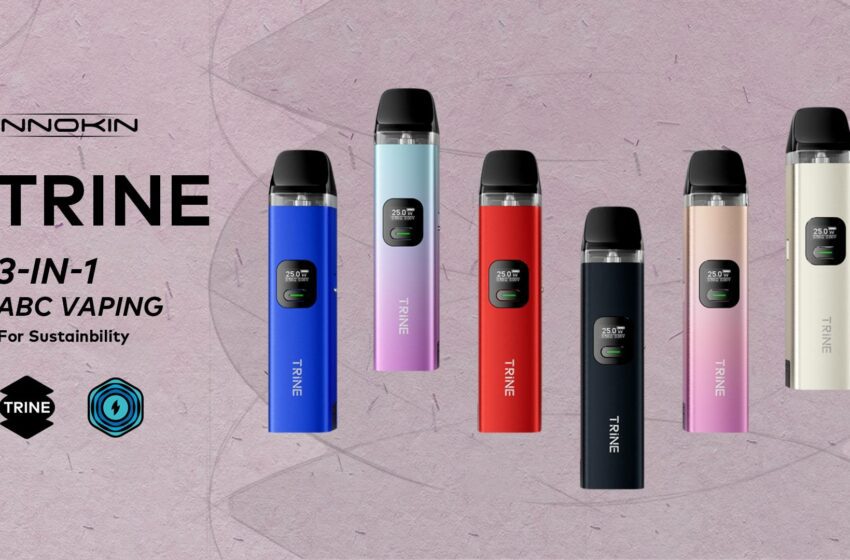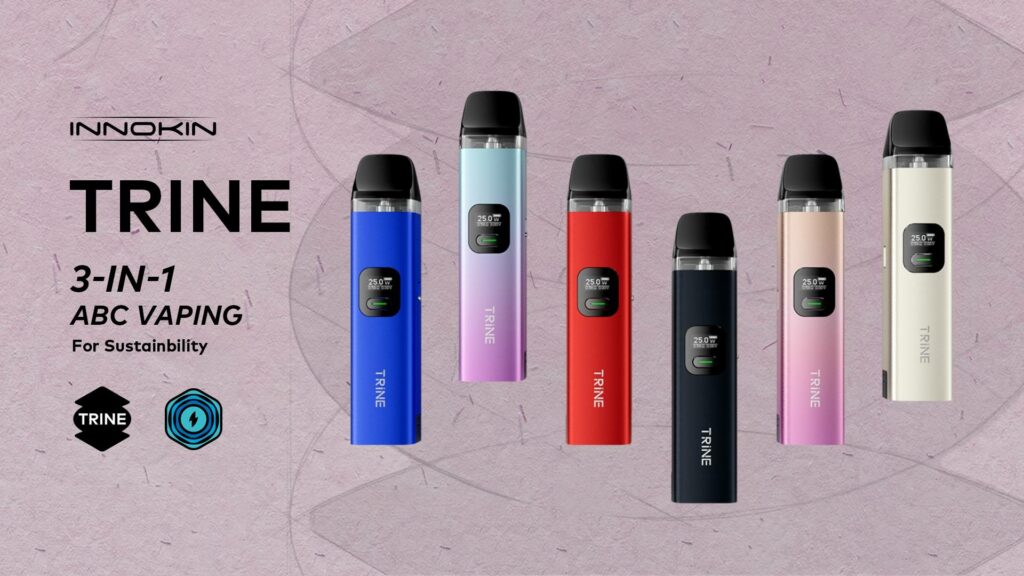
A news media outlet is reporting that U.S Reps. Rob Wittman and Raja Krishnamoorthi wrote a letter to Robert Califf, head of the Food and Drug Administration, asking for answers to inquiries they had sent to the agency in November.
“While we appreciate the recent joint federal operation resulting in the seizure of more than 1.4 million units of illegal e-cigarettes in December 2023, much more needs to be done,” the letter exclusively provided to The Hill states. “Illegal vaping products from the PRC [People’s Republic of China] now make up more than half of all vaping products sold in the United States and contribute significantly to underage vaping rates.”
The lawmakers specifically cited the brand Elf Bar as being “illegally imported” from China. The product line features brightly colored e-cigarettes with various fruity flavors, which anti-vaping advocates say attract youth.
The lawmakers asked what the FDA planned to do to stem the flow of e-cigarettes from China and whether it planned to enforce legal proceedings against manufacturers. They also asked why the FDA has not issued a rule requiring foreign manufacturing registration, which the Tobacco Control Act allows for.
The agency has repeatedly delayed its reviewing of premarket tobacco product applications (PMTAs), which are required for new tobacco products to be legally marketed in the U.S. The FDA previously said it would finish reviewing applications by the end of December 2023.
The FDA now states that it will complete all covered marketing applications by June 30. In its latest court-ordered status report, the agency stated that continued review is necessary in light of recent judicial decisions, including the D.C. Circuit’s decision in Fontem US.
Krishnamoorthi and Wittman asked when the FDA would complete its reviews and pressed the agency over the delay.


